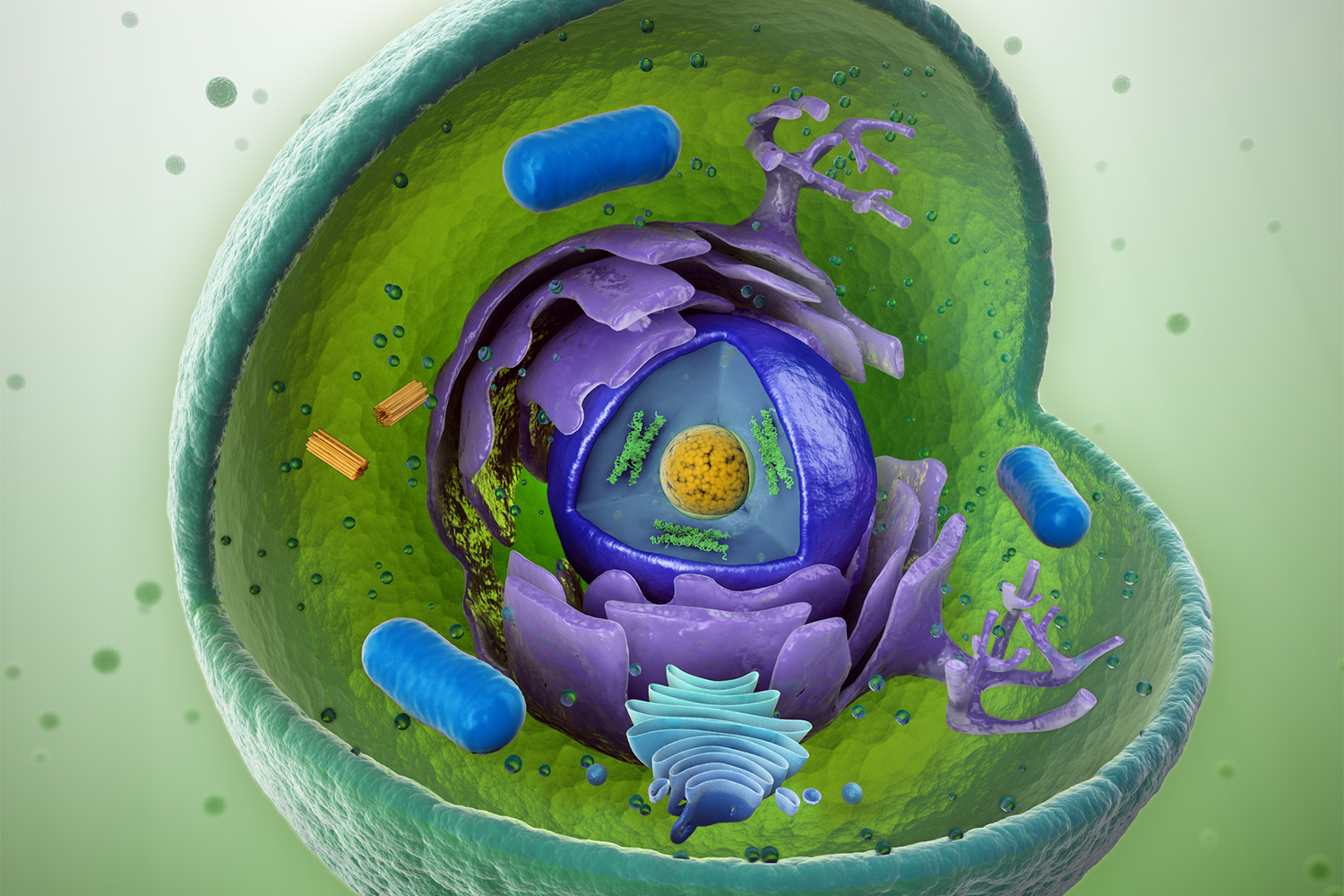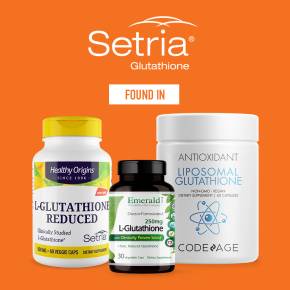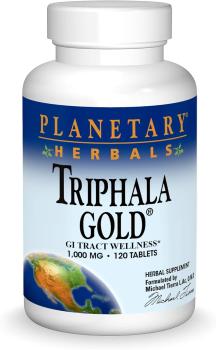In today’s busy modern world, balance can be elusive.
The habits we fall into—relying on convenient and processed foods, not getting enough sleep, and letting stress pile up—all lead to the formation of free radicals.
Even overdoing it at the gym or simply breathing can result in the creation of these unstable molecules.
Antioxidant vs. Free Radicals
Thankfully, antioxidants help regulate and neutralize free radicals before they lead to oxidative stress and start a domino effect within the body.
Vitamins C and E and minerals like manganese and selenium possess antioxidant properties. But there’s one “mother of all antioxidants” that is more versatile and agile than all the others.
According to well over 150,000 published studies, glutathione helps guard cells from oxidative stress while also supporting the immune system, respiratory health, skin health, and the liver.
Is Glutathione The Most Important Antioxidant?
“Glutathione specifically is the body’s most important antioxidant,” says Dr. Lise Alschuler, ND, FABNO, assistant director of the fellowship in integrative medicine at the Andrew Weil Center for Integrative Medicine at the University of Arizona. “All of our cells make glutathione.”
Not only is glutathione as abundant as glucose in the human body, but it also earned that “mother” nickname for its ability to recycle and replenish other antioxidants.
The body needs a steady supply of glutathione to keep up with demands (especially overnight when so much cellular clean-up and repair happens).
However, glutathione is not a substance the body can stockpile—and a poor diet along with stress and normal aging can deplete the body’s stores. That’s why the best way to maintain optimal supplies is to consider supplementation.
It's important to choose a form of glutathione that’s able to reach the bloodstream.
Setria is glutathione, which supports the body’s primary defense against free radicals. Manufactured using a fermentation process, Setria Glutathione is a tripeptide that enhances the glutathione content of critical tissues. It is a patented and clinically studied form of l-glutathione, also known as reduced glutathione (GSH). As an active form of glutathione, it is able to neutralize free radicals in the body.
In clinical studies, Setria has been shown to raise and replenish the body’s blood glutathione levels when taken orally, “which is really what you want to see,” said Dr. Heather Moday, MD, a board-certified allergist, immunologist, and functional medicine physician.
Taking 1,000 mg daily increases glutathione levels by:
- 30% in whole blood
- 35% in red blood cells
- 260% in buccal cells
Setria can also help the body offset oxidative stress and boost the natural immune defense system. A study found that after three months of taking 1,000 mg of Setria, natural killer cell activity doubled. Also called “NK” cells, these support innate immune health.
Since glutathione can’t be stored long-term, glutathione reserves returned to pre-study levels one month after supplementation ended, without impacting the body’s normal production.






